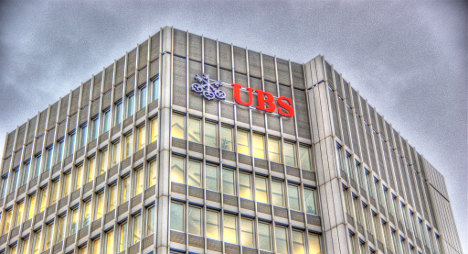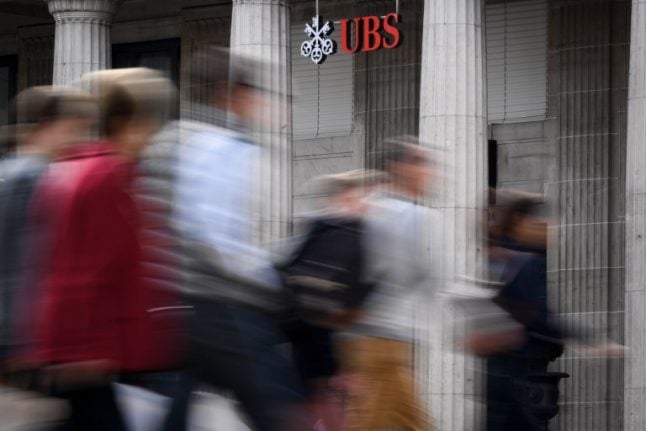"This is believed to be the largest reward ever given to an individual whistleblower in the United States and the first major reward issued under the IRS tax whistleblower law," the National Whistleblowers Center said in a statement.
Birkenfeld, who was released from a US prison last month, earned the reward from the Internal Revenue Service for providing the US government with "insider information on UBS's illegal offshore banking scheme," said the Washington-based nonprofit organization.
National Whistleblowers said his disclosures directly resulted in UBS paying a $780 million fine to the United States.
"Mr Birkenfeld's disclosures also forced the Swiss government to change its tax treaty with the United States, resulting in UBS turning over the names of over 4,900 US taxpayers who held illegal offshore accounts. These 'taxpayers' are now being investigated and prosecuted," the centre said.
The UBS case was part of a broad push by US tax authorities to gain information on accounts held overseas by Americans allowing them to avoid US taxation.
According to National Whistleblowers, more than 35,000 taxpayers have come forward to participate in so-called amnesty programs to voluntarily repatriate their illegal offshore accounts and the US has collected over $5 billion in back taxes, fines and penalties.
Birkenfeld's lawyers hailed the IRS payout as an important step in prompting people to come forward in reporting crime.
"Today is a great day for whistleblowers. Today is a great day for the vast majority of Americans who work their jobs and pay their taxes. Today is a great day for tax fairness," said Dean Zerbe, one of his attorneys. "Today is a terrible day for big-time tax cheats," he said.
In 2008, Birkenfeld pleaded guilty to conspiracy to defraud the United States. A year later he was convicted of the charge and sentenced to 40 months in jail.



 Please whitelist us to continue reading.
Please whitelist us to continue reading.
Member comments